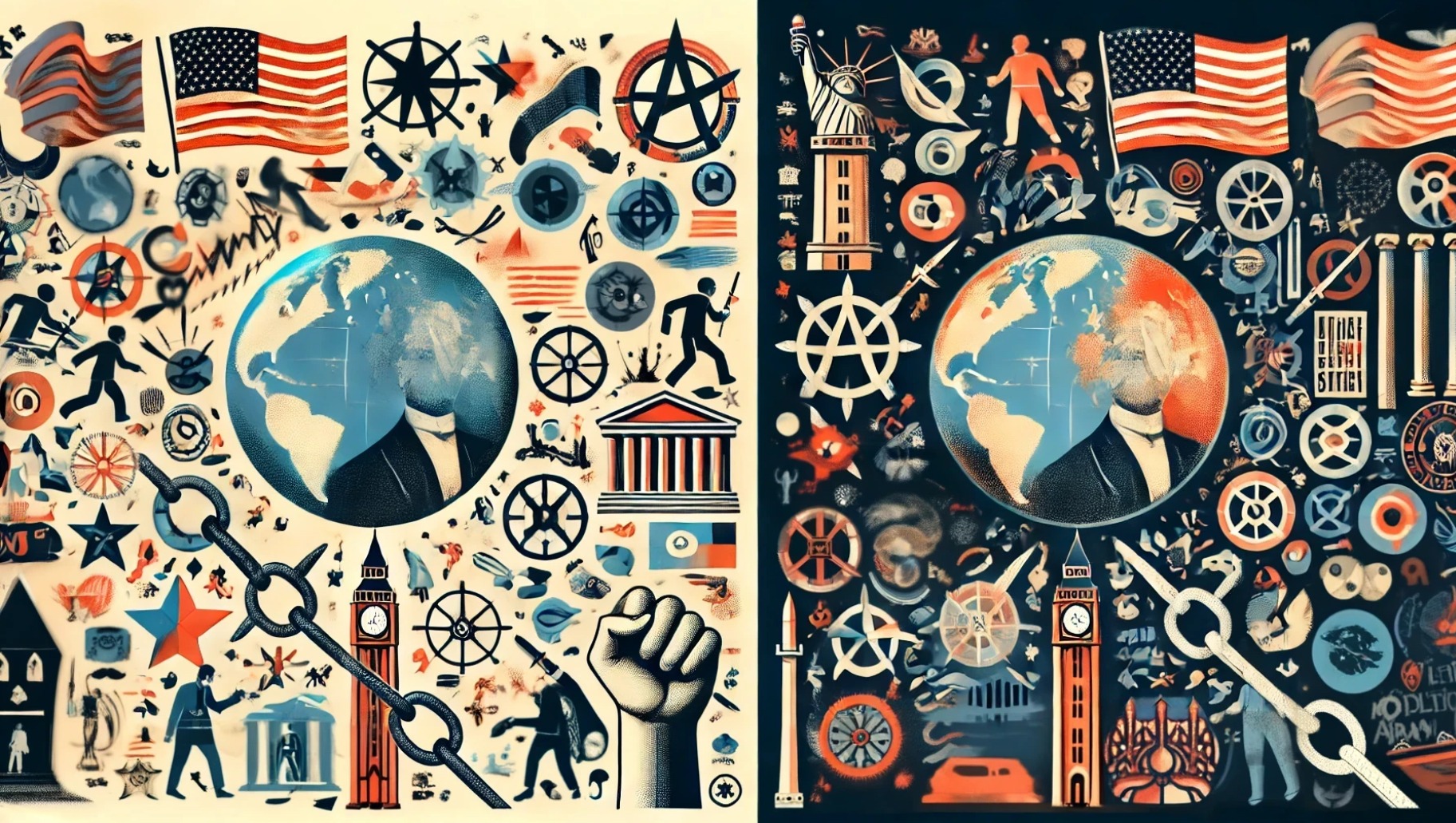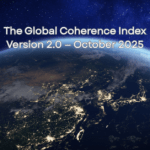“Then what explains war among states? Rousseau’s answer is really that war occurs because there is nothing to prevent it.”
Kenneth Waltz
Jean-Jacques Rousseau was a prominent 18th-century philosopher, writer, and composer whose ideas greatly influenced the Enlightenment across Europe and the development of modern political and educational thought. Born in Geneva in 1712, Rousseau is best known for his works on social contract theory, particularly in his seminal book “The Social Contract” (1762). Rousseau’s philosophical inquiries delved into the nature of human beings, the origins of inequality, and the foundations of legitimate political authority. His thoughts on the state of nature and the social contract laid critical groundwork for later political theorists.
Kenneth Waltz, born in 1924, was a leading figure in 20th-century political science and international relations. Waltz is most recognized for his development of neorealism, or structural realism, which he articulated in his influential book “Theory of International Politics” (1979). Waltz’s neorealism built upon classical realist principles but introduced the concept of the international system’s anarchic structure as a fundamental determinant of state behavior. His theoretical contributions have been pivotal in shaping contemporary international relations theory.
Analysis of the Quote, Context: International Relations
“Then what explains war among states? Rousseau’s answer is really that war occurs because there is nothing to prevent it.” Kenneth Waltz’s citation of Jean-Jacques Rousseau encapsulates a critical aspect of Realist theory in international relations, specifically the concept of anarchy in the international system.
Rousseau theorized about the state of nature and the origins of social conflict in his philosophical works. He posited that in the absence of overarching authority or binding laws, individuals (or states) exist in a state of anarchy where security is a constant concern. Rousseau’s analogy of the stag hunt illustrates this precarious balance: individuals must decide whether to cooperate for a common good or act in their self-interest, often leading to conflict. This idea directly feeds into the Realist view that in an anarchic international system, war is an ever-present possibility because there are no definitive structures to enforce peace.
Waltz builds upon Rousseau’s philosophical foundation to explain why war is a persistent feature of international relations. According to Waltz’s Neorealism, the anarchic structure of the international system compels states to prioritize their survival and security above all else. This structure is defined by the lack of a central authority to regulate state actions, leading to a self-help system where states must be prepared to defend themselves. Waltz argues that this inherent anarchy explains the prevalence of war, as states operate in an environment where they can never be entirely certain of others’ intentions and must therefore remain vigilant and prepared for conflict (Waltz, 1979).
Historical Context and Theoretical Implications
Rousseau’s ideas predate Waltz by over two centuries, yet they share a common thread in understanding the role of anarchy in human and state behavior. Rousseau’s philosophical explorations of the social contract and the state of nature laid a conceptual foundation that later theorists like Waltz expanded into systematic theories of international relations. While Rousseau focused more on the human condition and the genesis of social structures, Waltz applied these principles to the behavior of states within the international system.
Waltz’s neorealism reframes Rousseau’s philosophical insights into a rigorous theoretical framework, emphasizing that the anarchic international system forces states into a perpetual state of security competition. This perspective helps explain historical patterns of conflict and cooperation among states. For instance, the Cold War era can be analyzed through Waltz’s lens, where the United States and the Soviet Union, despite mutual interests in avoiding nuclear war, engaged in an intense arms race driven by the anarchy of the international system.
Waltz and Rousseau both highlight the importance of structural factors in understanding the dynamics of international relations. In a world without a central governing authority, states must navigate a landscape where war remains a constant possibility due to the absence of any overarching force to prevent it.
In conclusion, Kenneth Waltz’s reference to Rousseau underscores a fundamental principle of Realist theory: the anarchic nature of the international system inherently predisposes states to conflict. Both thinkers, despite their historical and theoretical differences, contribute to our understanding of why war persists in the global arena.
References cited by ChatGPT
- Waltz, K. N. (1979). Theory of International Politics. Addison-Wesley.
- Rousseau, J. J. (1762). The Social Contract.
Human References:
- ChatGPT. (n.d.). OpenAI. https://chat.openai.com/#
- Munro, A. (2024, 9 mayo). Kenneth N. Waltz | American political scientist & realist theory pioneer. Encyclopedia Britannica. https://www.britannica.com/biography/Kenneth-N-Waltz
- Sala, À. (2023, 27 junio). Rousseau: el filósofo que no quería ser ilustrado. historia.nationalgeographic.com.es. https://historia.nationalgeographic.com.es/a/rousseau-filosofo-que-no-queria-ser-ilustrado_7443
- The Editors of Encyclopaedia Britannica. (2024, 17 junio). Social contract | Definition, Examples, Hobbes, Locke, & Rousseau. Encyclopedia Britannica. https://www.britannica.com/topic/social-contract/The-social-contract-in-Rousseau









No responses yet